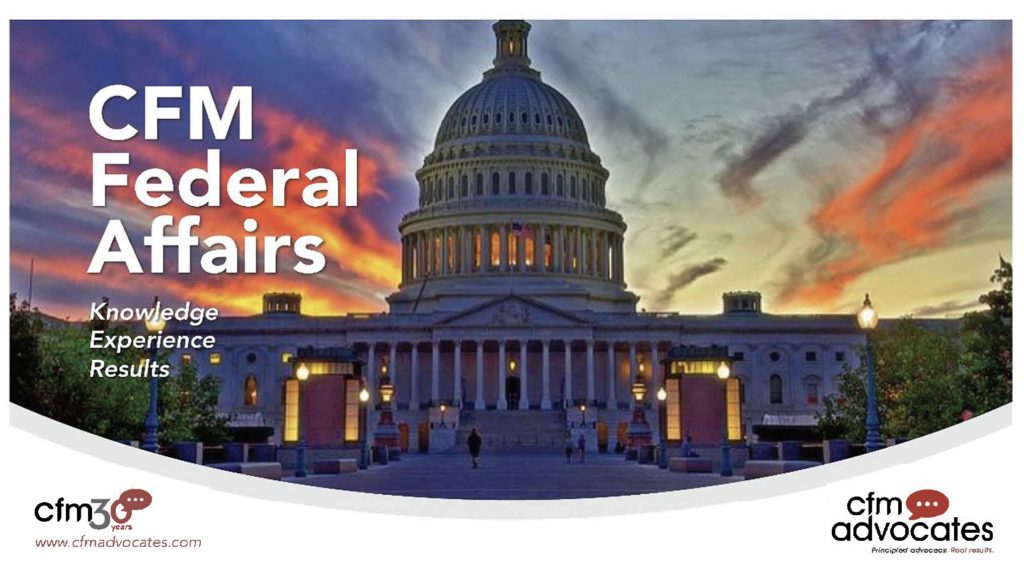
An estimated 90 million Americans remain unvaccinated and at least some of that 90 million are hesitant because the vaccines haven’t received final approval from the Federal Food and Drug Administration. Final approval of the Pfizer vaccine is expected by Labor Day, but public health officials are uneasy about waiting as the Delta variant continues to spike.
COVID-19 vaccination has lagged in the United States since last spring and only picked up recently in regions experiencing a high incidence of infections and hospitalizations linked to the highly transmissible Delta variant, which also seems to be infecting more children. Public health officials believe vaccinations are the key to stem the latest surge of COVID cases and lower the odds of more viral mutations.
Around 300 million Pfizer, Moderna and Johnson & Johnson vaccines have been administered with FDA emergency use authorization since the beginning of this year. Emergency use approval follows clinical trials and at least two months of post-vaccination monitoring. Final approval requires, among other things, six months of post-vaccination monitoring.
Dr. Leana Wen, an emergency physician and public health professor at George Washington University, told NPR waiting another month for final approval is risky. She says the Pfizer vaccine has been administered for more than six months and has proven safe and efficacious. The final FDA review steps, she explains, have to do with production and storage of vaccines, not patient safety. Former FDA Commissioner Scott Gottlieb, who sits on Pfizer’s board of directors, confirmed Wen’s analysis in a recent television interview.
Wen recommends immediate steps to make the FDA vaccine review process more transparent. If people see the steps FDA follows, Wen predicts it will build more confidence in final approval and the vaccine’s safe use. “People will know that it wasn’t just politics driving the process,” she says.
FDA shining light on vaccine approval may persuade some people to overcome their vaccine hesitancy sooner, which would help stem the spread of the Delta variant. It also would give businesses the green light to mandate vaccinations for their workers, according to Wen. “The delay in fully greenlighting the vaccines has led to public confusion about the approval process” that transparency could overcome, she says.
Moderna, which produces the other mRNA vaccine receiving emergency use authorization, applied for final approval in June shortly after Pfizer. Its final approval is also pending and should closely follow Pfizer’s final approval.
COVID has eaten my brain because I can’t remember how to remember words or keep track of medication. My brain just feels like there’s a fog.
The Johnson & Johnson vaccine, which is manufactured by Janssen, received an amended emergency use authorization in July to change a warning about a potential, but rare side effect to: “The reporting rate of thrombosis with thrombocytopenia following administration of the Janssen COVID-19 Vaccine has been highest in females ages 18 through 49 years; some have been fatal.” The amended version also cited an “increased risk of Guillain-Barré syndrome during the 42 days following vaccination”. Johnson & Johnson hasn’t filed for FDA final approval for its single-shot vaccine.
Vaccination mandates, like mask mandates, have stirred protests and partisan arguments. The protests and arguments have created fertile ground on social media for misinformation from anti-vaxxers. However, with worldwide coronavirus cases now exceeding 200 million and the death count headed to 4.5 million, public health officials are renewing their push for vaccinations, both in the United States and throughout the world. There have been more than 35.5 million COVID-19 cases and 612,000 deaths reported in the United States. More than 112,000 new cases in the United States were confirmed on August 4, the highest daily increase since February 6.
The World Health Organization (WHO), noting more than 4.27 billion COVID-19 shots have been administered worldwide, called on developed nations to do more to boost vaccinations in under-developed parts of the world. In a statement, WHO said, “High-income countries administered around 50 doses for every 100 people in May, and that number has since doubled. Low-income countries have only been able to administer 1.5 doses for every 100 people, due to lack of supply.”
“With the emergence of new variants, if we continue to leave the majority of the world unvaccinated, we will most definitely need adjusted vaccines in the future,” asserts Elin Hoffman Dahl, an infectious disease adviser to WHO.
The WHO statement came as interest builds in a booster shot to improve vaccine efficacy. The FDA has not issued any approval for booster shots, but there is evidence medical doctors have administered them to people with compromised immune systems. The Boston Globe published a story over the weekend tracing Massachusetts residents crossing state lines to receive booster shots. As expected, the FDA has issued emergency use authorization for Pfizer and Moderna vaccines in booster shots for individuals with compromised immune systems.
Israeli President Isaac Herzog recently received a booster shot as he kicked off a campaign in his country to bolster COVID-19 immunity among older adults through booster shots. Novavax, which is conducting clinical trials for a COVID booster shot, announced it will delay seeking FDA emergency use approval. The biotech company has filed for regulatory approval in India, Indonesia and The Philippines and will seek emergency use approval from WHO later this month, company officials said.
Clinical trials also are underway for children’s vaccines. Initial testing centered on the dosage level. Follow-up testing will analyze vaccine safety and efficacy in children under 12 years old. Volunteers for the clinical trials have been plentiful and one expert predicted a COVID-19 vaccine for children could receive FDA emergency use authorization as early as October.

Out of the mainstream discussion, COVID long-haulers are beginning to draw attention for their lingering and often debilitating symptoms, as well as the huge cost of care, much of it not covered by health insurance. Florida, the current epicenter of the Delta variant wave, has opened its first clinic for people with prolonged COVID symptoms. Last fall, the clinic had a handful of patients. Now, it is serving 250 long-haulers and has a six-month waiting list.
Typical long-haul symptoms include shortness of breath, intermittent fever, exhaustion, depression and brain fog. Some patients who lost their sense of taste and smell at the height of their infection say they now experience “phantom taste sensations” that resemble smoke or ashes. Medical experts at Johns Hopkins say post-COVID syndrome can occur in patients with acute or mild symptoms, including children. They say it is unknown how long symptoms can persist, which can put a strain on clinicians trying to treat patients as well as on the pocketbooks of patients.
“The longer the pandemic drags on,” writes Rita Rubin in a JAMA newsletter, “the more obvious it becomes that for some patients, COVID-19 is like the unwelcome houseguest who won’t pack up and leave.” One patient featured by Rubin has returned to the ER 16 times and been hospitalized three times in five months are apparently recovering from the initial viral infection. “I joke, ‘Well, COVID has eaten my brain because I can’t remember how to remember words or keep track of medication,’” the patient told Rubin. “My brain just feels like there’s a fog.”
Long-haulers, who sometimes deal with doubting doctors, have formed online support groups to share symptoms and re-assure each other they will eventually get better.




